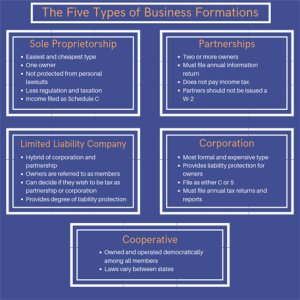
Managing a workforce is a complex task that involves navigating various legal requirements, protecting employee rights, and ensuring organizational compliance. To achieve these objectives, businesses need to have a comprehensive understanding of employment law and access to reliable HR support. This article explores the significance of employment law and highlights the value of HR support in fostering a productive and legally compliant workplace.
Understanding Employment Law
Employment law encompasses a range of legal principles and regulations designed to protect the rights of employees and regulate the employer-employee relationship. These laws cover various aspects of the employment journey, including recruitment, hiring, compensation, termination, workplace safety, anti-discrimination measures, and more.
Failure to comply with employment law can result in severe consequences, such as costly lawsuits, reputational damage, and even the closure of a business. Therefore, organizations must stay updated with the latest employment legislation and ensure strict adherence.
The Benefits of HR Support
Employers often find it challenging to interpret and implement employment law without professional guidance. This is where HR support becomes invaluable. HR professionals possess the expertise and knowledge to assist businesses in managing legal matters, mitigating risks, and building a strong and compliant workforce.
Let’s delve into the specific benefits HR support provides:
1. Guidance in Employment Law Compliance
HR support provides guidance in understanding and complying with complex employment laws. This includes drafting legally compliant employment contracts, developing comprehensive employee handbooks, and implementing fair workplace policies. HR professionals ensure that organizations adopt best practices that reduce exposure to legal risks.
2. Employee Recruitment and Onboarding
HR support facilitates efficient employee recruitment and onboarding processes. They can help organizations navigate legal requirements, conduct background checks, verify qualifications, and ensure compliance with laws related to equal employment opportunities. Proper onboarding also plays a vital role in setting a positive tone and aligning new employees with company policies and values.
3. Performance Management and Training
HR professionals can provide guidance in developing performance management systems that align with legal requirements and best practices. They offer training programs that educate managers on how to conduct performance evaluations, provide constructive feedback, and handle disciplinary actions fairly. This ensures a transparent and legally sound approach to enhancing employee productivity and resolving performance-related issues.
4. Conflict Resolution and Mediation
HR support plays a crucial role in conflict resolution and mediation within the workplace. They help address issues such as harassment, discrimination, and disputes between employees. HR professionals ensure that these matters are handled sensitively, confidentially, and in compliance with applicable laws.
5. Termination and Severance
When employment relationships come to an end, HR support can guide employers through the termination and severance processes. They ensure compliance with relevant laws and assist in drafting severance packages that are fair and avoid potential legal risks. This support helps protect the employer’s interests while ensuring a smooth transition for departing employees.
6. Record-Keeping and Documentation
HR support emphasizes effective record-keeping and helps organizations maintain comprehensive employee documentation. This includes personnel files, employment contracts, performance evaluations, and disciplinary actions. Accurate record-keeping is vital in case of legal disputes or audits, allowing businesses to provide evidence and demonstrate compliance.
7. Keep Abreast of Changing Laws
Employment laws are constantly evolving, and it can be challenging for organizations to stay up to date. HR support professionals dedicate their time to monitoring legislative changes and ensuring compliance with new regulations. By partnering with HR support, organizations can proactively adapt their policies and practices to comply with the evolving legal landscape.
The Bottom Line
Employment law and HR support are indispensable elements for any organization striving to build a compliant and successful workplace. Adhering to employment law not only safeguards employee rights but also protects businesses from legal and financial uncertainty. With the guidance of HR professionals, organizations can navigate the complexities of employment law, effectively manage their workforce, and foster a culture of compliance, productivity, and success.


